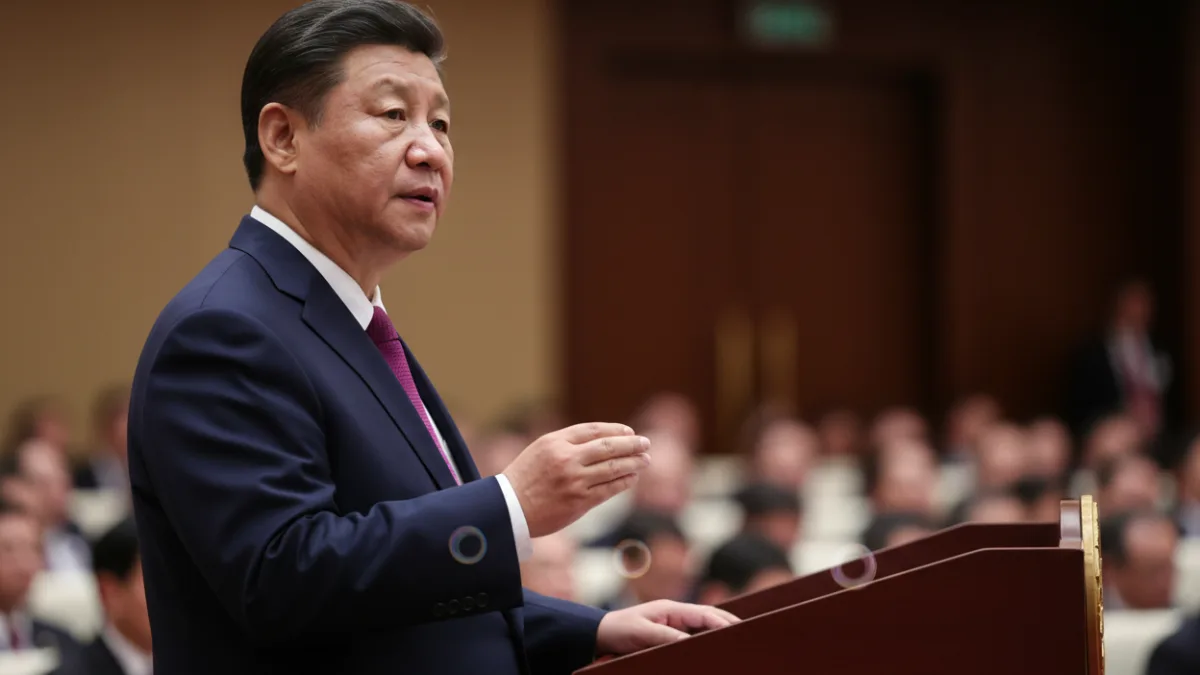China AI Global South — Introduction
China’s AI is stepping up and data-center deals with countries in Africa, Latin America and Southeast Asia. The push blends business, finance and politics. It brings money and jobs — but also raises questions about rules, data and long-term influence. Multiple outlets report recent deals and plans.
Why it matters: more data centers and local AI tools can speed tech use in poorer countries. At the same time, they shape which rules and companies run the cloud services those countries use.
China pushing AI ties to the Global South — what the reports show
Reports say Chinese firms and state-backed groups are funding data centers, AI labs and training programs in many developing countries. Beijing frames this as help for development. News outlets and analysts point to growing deals and public pledges at BRICS and other meetings.
Examples today: Reuters and other outlets note Huawei eyeing Brazil’s data-center market and Vantage Data Centers raising $1.6 billion to expand in Asia-Pacific — signs global cloud build-out is underway and China is active in some markets.
China AI Global South: jobs and market size

The AI market in Africa is small now but growing fast. Analysts estimate Africa’s AI market could rise from roughly $4.5 billion in 2025 to about $16.5 billion by 2030 if investment continues. That growth can create jobs in data centers, app development and cloud services. Local startups can also gain access to cheaper tools and training.
Yet analysts warn the new jobs may be uneven and depend on training programs and local policy. Some projects focus more on hardware and hosting than on building local AI talent.
Rules, security and geopolitical questions
China’s push raises policy questions. Some countries now limit data-center growth or add stricter permits because of power and security worries. Malaysia recently tightened rules on data-center approvals, a move that complicates outside investments. That shows local governments can slow or shape projects.
There are other concerns: who sets safety rules for AI? China has proposed global AI cooperation bodies, and some Chinese AI firms have won contracts across Asia and Africa. This creates a competition of standards — not just markets.
What this means for businesses and readers
- For local businesses: cheaper cloud and AI tools may cut costs and speed projects.
- For global firms: expect new rivals and possible limits on some technologies if export controls tighten.
- For citizens: more services (health, farming, finance) may get AI help — but watch for privacy and fairness rules.
Our thought

Analysts say growth is real — but long-term benefits depend on local rules, training and whether investments include people, not only servers.
Frequently Asked Questions
What is China’s AI Global South push?
China’s AI Global South push means Chinese firms and state groups are funding data centers, AI labs and training across Africa, Latin America and parts of Asia. The goal is to build tech ties and sell cloud and AI services.
How big is the market for China AI Global South work?
Analysts estimate Africa’s AI market could grow from about $4.5 billion in 2025 to roughly $16.5 billion by 2030 with continued investment and adoption. Numbers will vary by region and policy.
Are there risks with China’s AI Global South investments?
Yes. Risks include data rules, vendor lock-in, and differing AI safety standards. Some countries are tightening permits for data centers and asking for stronger oversight.
What should governments do about China AI Global South deals?
Experts recommend clear local rules on data, training investments for local workers, and balanced partnerships so benefits reach people, not only servers. Transparency in deals helps too.
Author note
I’m Ameer Hamza — I read today’s reports from Reuters, Bloomberg and regional outlets to explain China’s AI push simply. These are early reports and policy moves; I will update this piece as more official details appear.




